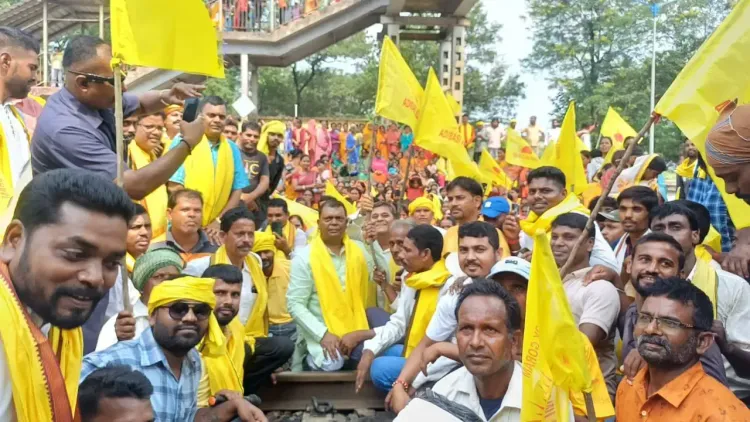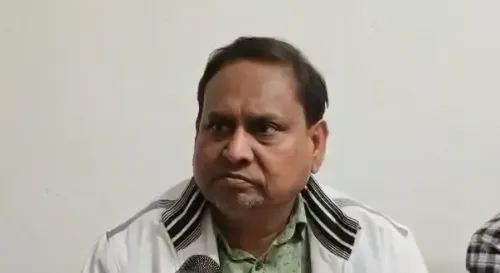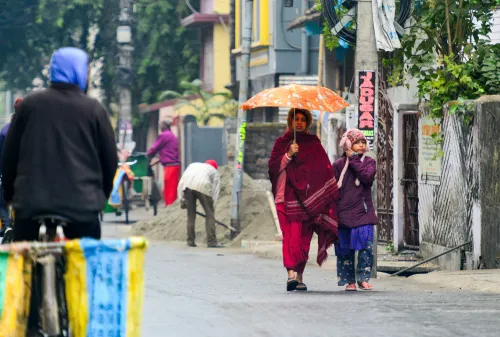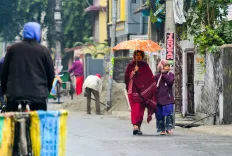What Is the Impact of the Kurmi Samaj Agitation in Bengal?

Synopsis
Key Takeaways
- Minimal impact of the Kurmi Samaj agitation reported.
- Police intervention ensured normalcy in public life.
- Calcutta High Court deemed the agitation illegal.
- Demands for Scheduled Tribe status continue.
- Protests occurred across West Bengal, Jharkhand, and Odisha.
Kolkata, Sep 20 (NationPress) The agitation led by the Adivasi Kurmi Samaj had a minimal effect in West Bengal, even though approximately 21 trains were either diverted, short-terminated, or cancelled within the state.
The state police took a firm stance following the Calcutta High Court's ruling, declaring the protest as 'illegal and unconstitutional'.
A sufficient number of police officers and Railway Protection Force (RPF) personnel were stationed at various locations to prevent any disruptions to road and rail services.
Abhijit Bandyopadhyay, Superintendent of Police for Purulia District, stated, 'There is no blockade anywhere. Public life is functioning normally.'
Naka checking has been implemented at the Bandwan-Jharkhand border, Barabazar-Jharkhand border, and Chawkbazar in Jharkhand.
On Thursday, a division bench of the Calcutta High Court upheld its prior 2023 order, instructing both the Indian Railways and the West Bengal government to ensure that the planned rail blockade by the Kurmi community on September 20 does not disrupt daily life in the state.
Last month, the Adivasi Kurmi Samaj, the largest organization representing the Kurmi community, called for a rail blockade across tribal areas in West Bengal, Jharkhand, and Odisha, demanding Scheduled Tribe (ST) status for their community.
The bench, consisting of Justice Paul and Justice Das, emphasized that the Calcutta High Court directives issued in September 2023 should be adhered to by both the Railways and the state government to manage the anticipated rail blockade.
After the court's decision, Abhijit Bandyopadhyay conducted multiple press briefings, asserting that no unconstitutional agitation would be tolerated.
Traffic flow remained normal in the Purulia District on Saturday morning, with police urging residents to uphold normalcy. The situation was stable in surrounding regions including West Midnapore, Bankura, and Jhargram.










